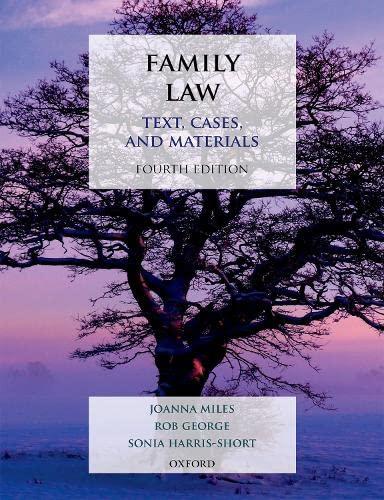Question
Doe purchased an automobile from Jones for $1,000. Unknown to Doe, Jones had used the automobile as security for a loan from his bank, and
Doe purchased an automobile from Jones for $1,000. Unknown to Doe, Jones had used the automobile as security for a loan from his bank, and the bank had registered its security in the automobile under the provincial personal property security registration legislation. A few months after the sale, Jones defaulted on his loan, and the bank discovered that Doe was in possession of the automobile. Which of the following are true?
A. Jones is liable to Doe for breach of implied warranty of title should the bank seize the automobile.
B. Jones is liable to Doe for breach of implied condition of title should the bank seize the automobile.
C. Doe has a good title to the automobile because he purchased it as a bona fide purchaser, for value, without notice.
D. The bank is not entitled to seize the automobile because Jones had not given notice to Doe of the bank's claim against the vehicle before Doe purchased it.
E. The bank is not entitled to seize the automobile because it had not given Doe notice of its claim against the vehicle before Doe purchased it.
Step by Step Solution
There are 3 Steps involved in it
Step: 1

Get Instant Access to Expert-Tailored Solutions
See step-by-step solutions with expert insights and AI powered tools for academic success
Step: 2

Step: 3

Ace Your Homework with AI
Get the answers you need in no time with our AI-driven, step-by-step assistance
Get Started


